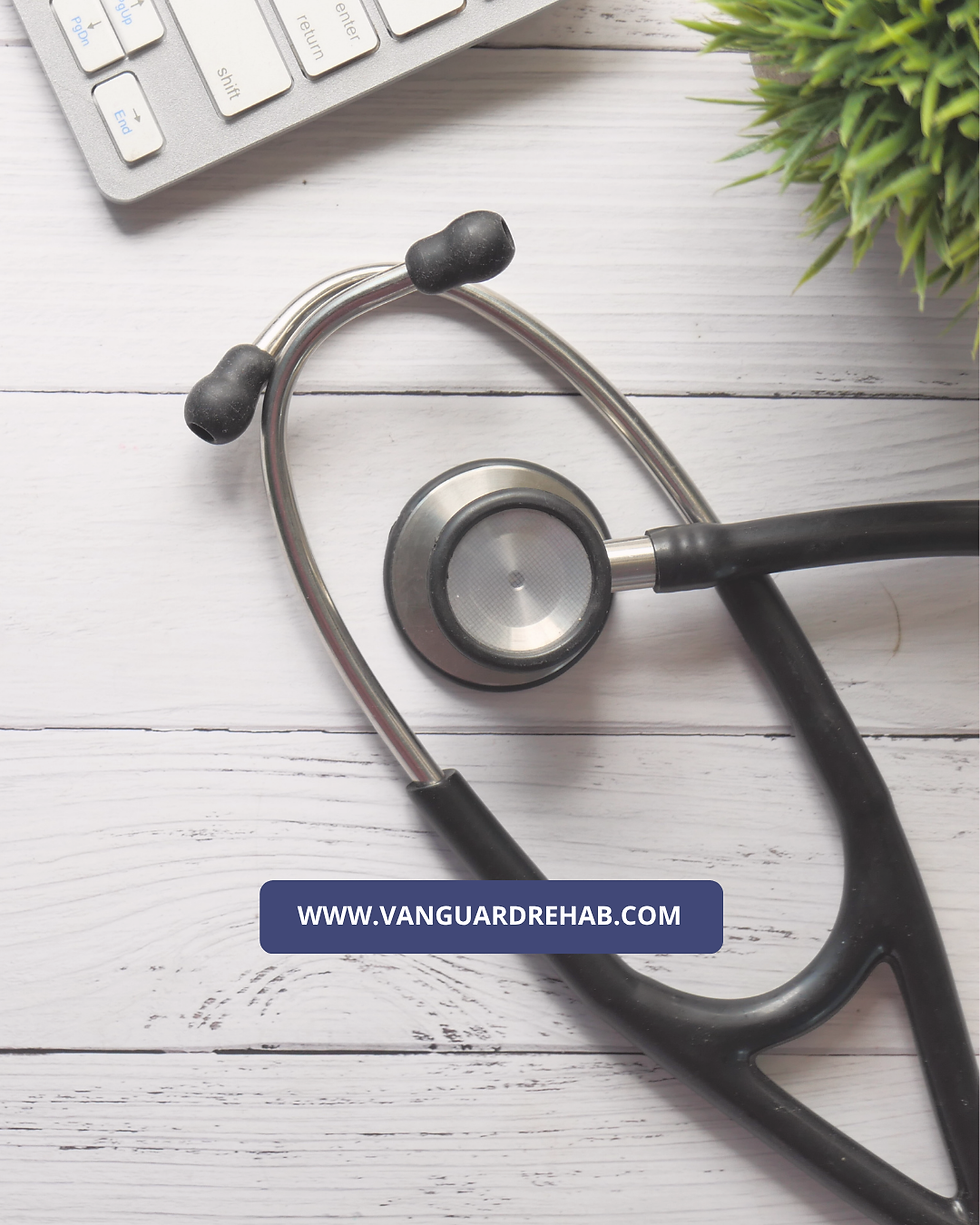The essential role of diet in mental health recovery.
- assistant1100
- Apr 7, 2025
- 2 min read
The connection between diet and mental health is a topic that more and more people are interested in. New research shows that the foods we eat can have a big effect on our mood, thinking, and overall mental well-being.
Studies have shown that eating lots of whole, healthy foods like fruits, vegetables, whole grains, lean proteins, and healthy fats is linked to a lower risk of depression, anxiety, and other mental health problems. On the other hand, diets high in processed foods, added sugars, and unhealthy fats are connected to worse mental health.
One important reason for this connection is the gut-brain axis, which is the way the gut and brain communicate with each other. The gut microbiome, which is affected by what we eat, can produce chemicals that influence our mood and thinking. An imbalance in gut bacteria has been linked to issues like depression and anxiety.
Additionally, a stroke can significantly impact mental health, leading to conditions such as depression, anxiety, and changes in mood or behavior. The recovery process can be challenging, and individuals may experience feelings of frustration or sadness. However, a healthy diet can play a crucial role in supporting mental health during recovery. Nutrient-rich foods can help improve brain function, stabilize mood, and promote overall well-being.
Certain nutrients found in whole, unprocessed foods, like omega-3 fatty acids, B vitamins, and antioxidants, are very important for brain health. Not getting enough of these essential nutrients can increase the risk of mental health problems.
While the link between diet and mental health is complex, eating a balanced, healthy diet can be a helpful way to support overall mental well-being. By making thoughtful food choices, people may be able to improve their mood, thinking skills, and overall mental health. It’s important to remember that mental health is affected by many factors, including genetics, lifestyle, and environment. Dietary changes should be part of a complete approach to mental health, and it’s best to talk to healthcare professionals about it.
If you or a loved one is facing any mental health issues following a brain injury, contact us for a consultation with Dr. Oni. At Vanguard Rehab, we can provide personalized guidance on how to improve your diet and lifestyle to support your overall well-being.





Comments